|
The jump from pastoral staff to auto mechanic may seem unexpected, but not when you know Cathy Heying’s past. As director of social justice at St. Stephens, Heying saw firsthand a need to help people struggling to make ends meet. One of the biggest pain points for people struggling is a broken down car that doesn’t allow them to get to the job they desperately need to be at in order to stay afloat. Heying realized something needed to be done.
When the shop first opened, it was almost a year of one technician doing everything himself before Heying came on full-time—previously she had been coming after her other job. The shop is now at five bays, five days a week and the appointments haven’t slowed down. They currently average just over 100 appointments, which includes fixing cars, providing estimates, and the part of the job even harder than the physical tasks; informing someone that their car isn’t worth saving. For many that come through the shop, it isn’t just a car.
There’s also the other part of the job that might weigh some women down, but not Heying—the sexism she faces nearly every day. What has the sexism you face been like, being a female in a heavily male-dominated industry? Men will want something reaffirmed from a man in the shop. They’ll say, “I wanna talk to a tech!” Or a guy was buying his niece a car and he said to me, “I thought a mechanic was joining us. ” You get to say, “Yep that’s me.” They’re truly an organization that wants to make an impact wherever help is needed. In fact, the Lift Garage even provides advice on how to start your own shop—covering topics such as how to become a 501c3 organization, questions to ask, and considerations that need to be made in terms of staff, space, equipment, and permits.
Author: Abby Hermes - Designer: Kelly McMasters - Photographer: Rodel Querubin
0 Comments
What happens when two women decide to leave their corporate jobs to pursue their passion in brewing? Urban Growler owners Jill Pavlak and Deb Loch had the idea in 2008 to start their own brewery. This was arguably the best time to launch their idea, since they were just ahead of the local micro-brewery boom and men were getting their businesses up and running left and right. Together, these two women had the perfect combination of experience; Deb had worked at Summit Brewing Company, has a Master’s in brewing, and started her own at-home brews—while Jill had the sales background and wrote their 160-page business plan. The women had to go through nearly a dozen banks in order to open their brewery. Many bankers, even women, told them “we’re just not comfortable” with women running a brewery. Their age and gender were questioned constantly—“Are you sure you can lift the bags of hops?” The sexism and ageism they faced was unexpected, but t heir perseverance and grit are what got them over the hurdles and through the next six years. They were the national runner up for a Palo Alto Software business plan, won beer competitions and $10,000 in free legal service. Despite the recognitions, it seemed the accomplishments still weren’t enough. But the women believed in their mission. They pushed ahead and looked for new ways to get the business going, ways that Jill says were “a bit old school.” “The good thing about all of this was we had to get creative,” she said. When one bank told them that if they raised $500,000 on their own, the bank would front the rest, they went through with drafting architectural designs, sold Urban Growler shirts, called friends and family, and had people donate money to be named founding members (they couldn’t legally say they were looking for investors). After finally raising half a million dollars, with over 50 founding members, the bank told them it still wasn’t enough and they would only let them open at a much higher interest rate. It wasn’t until one of the owners at Burning Brothers Brewing spoke to their bank on behalf of Jill and Deb that all this hard work finally paid off. A stark contrast from the other banks they’d met with, this bank outside of the Twin Cities was swift in their investment. The two were ecstatic, Jill recalled, “They weren’t even from around here! They’re down in Mankato and they were all on board. It was just like, ‘here’s your money’ within two weeks. Then multiple banks came back around wanting to invest.” It wasn’t until they got their business license that they received a letter congratulating them on being the first woman-owned microbrewery—and that was in 2014.
Since they’ve opened, they proudly display a plaque of those founding members who believed in them from the start and have expanded three times to include their kitchen and beer garden. They showcase local artwork and make sure it is never offensive so that all feel welcomed, and as Jill states, they strive to be a place “where people can connect. Our goal is to warm people up and open their minds, while being respectful and respect differences.” To hear their story firsthand and see the newly-expanded space, contact Liz at [email protected] to schedule a tour. You can find co-head Jill in the taproom, and Master Brewer Deb working behind the scenes, at 2325 Endicott Street, St. Paul, MN. Author: Abby Hermes - Designer: Kelly McMasters - Photographer: Rodel Querubin
|

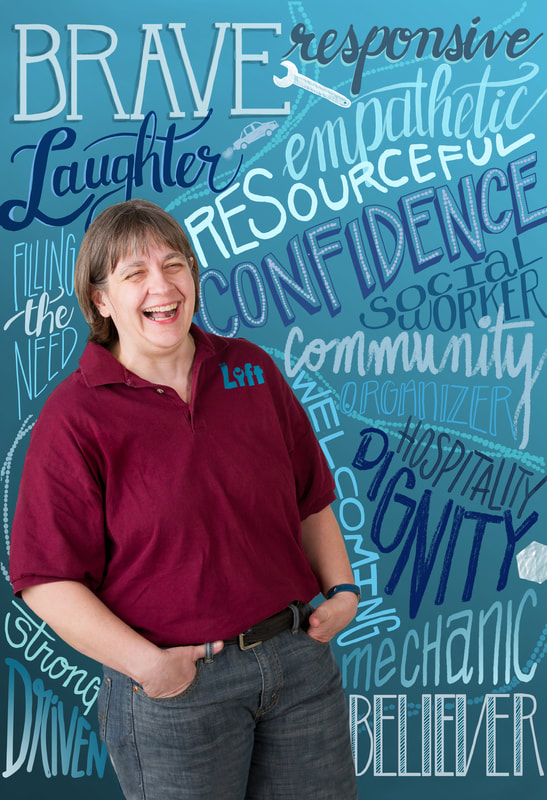
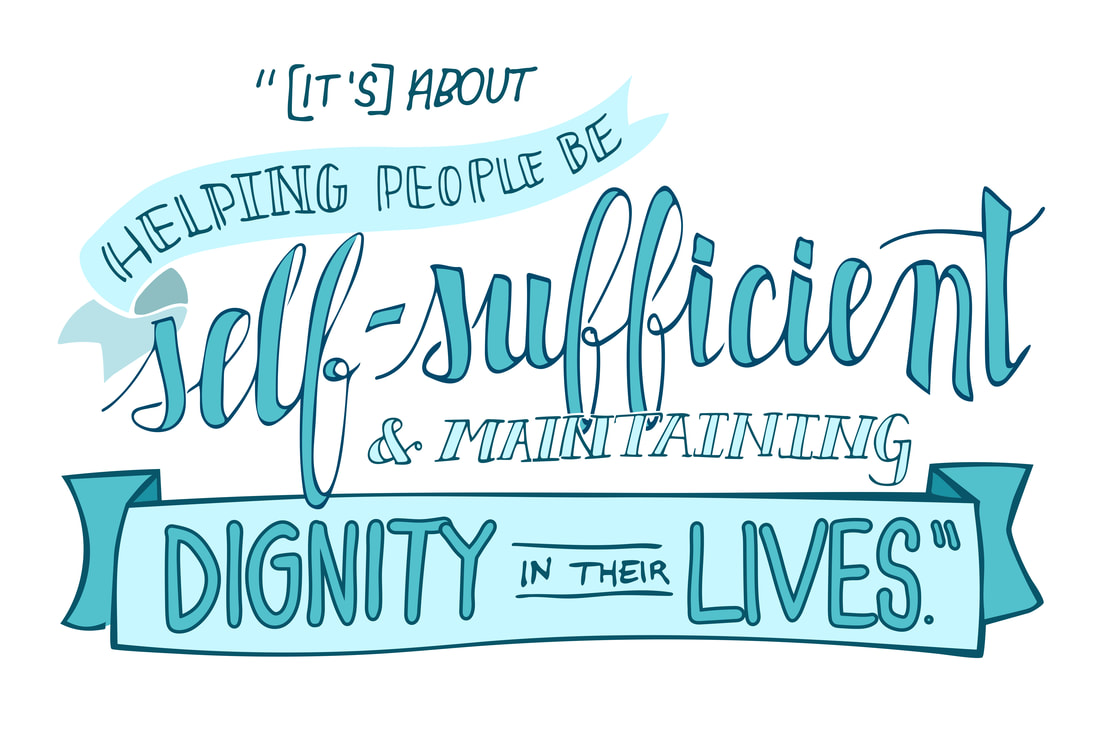
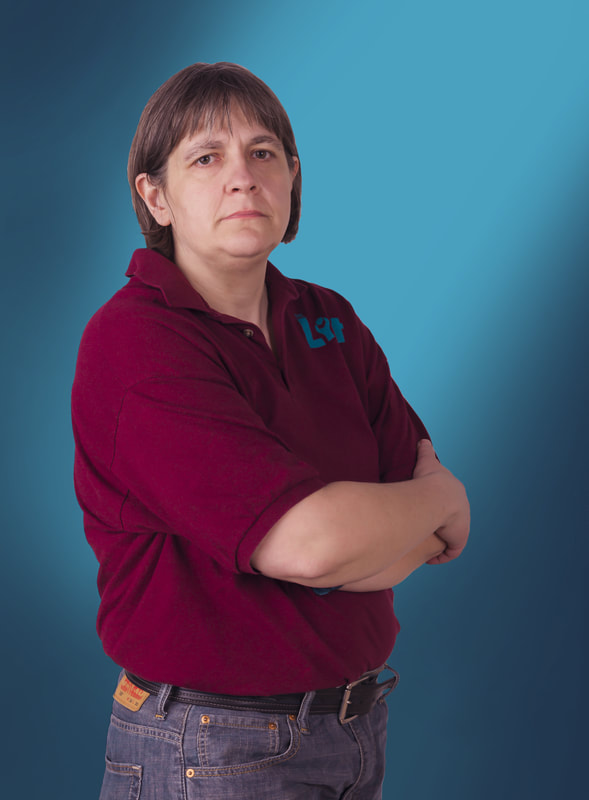
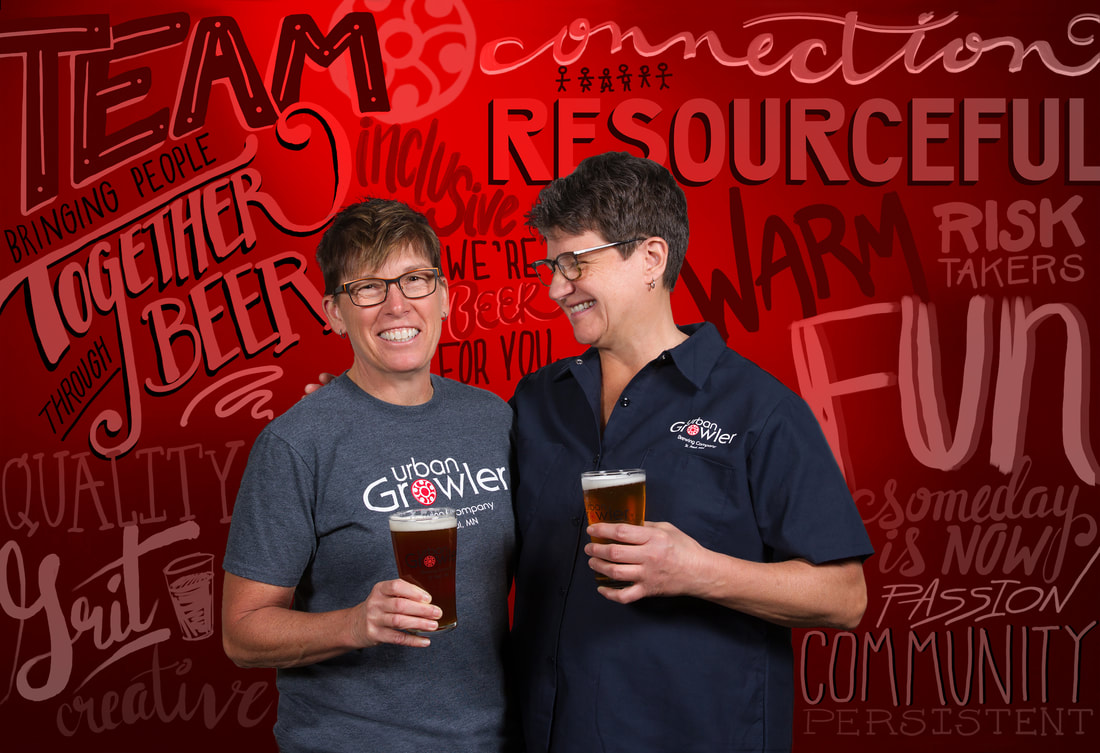
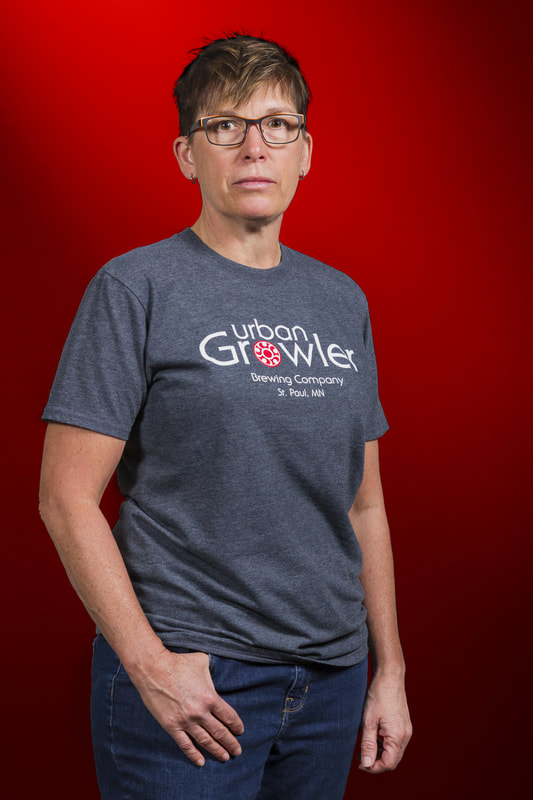
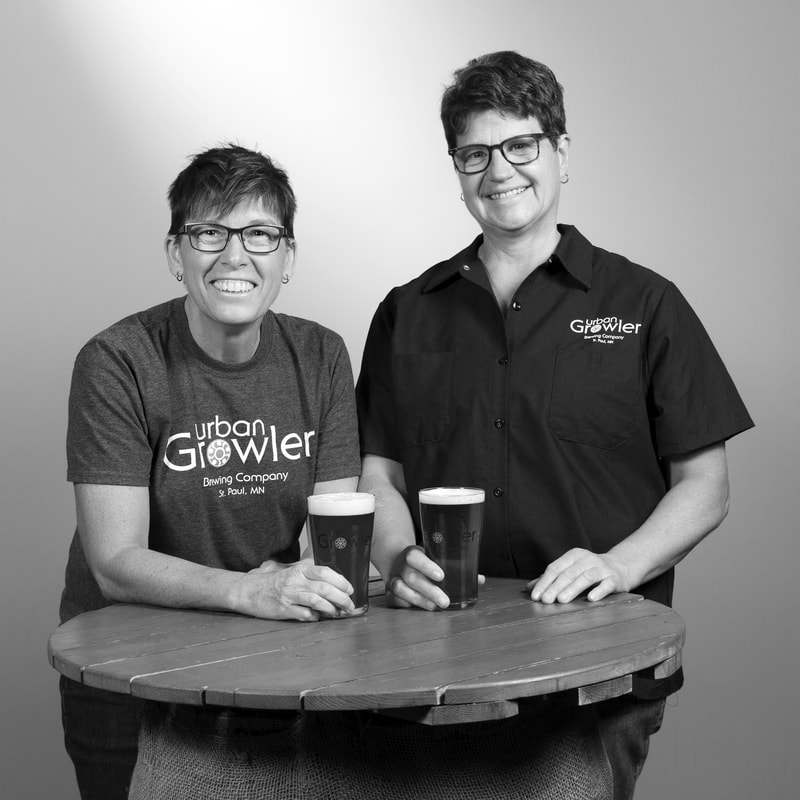
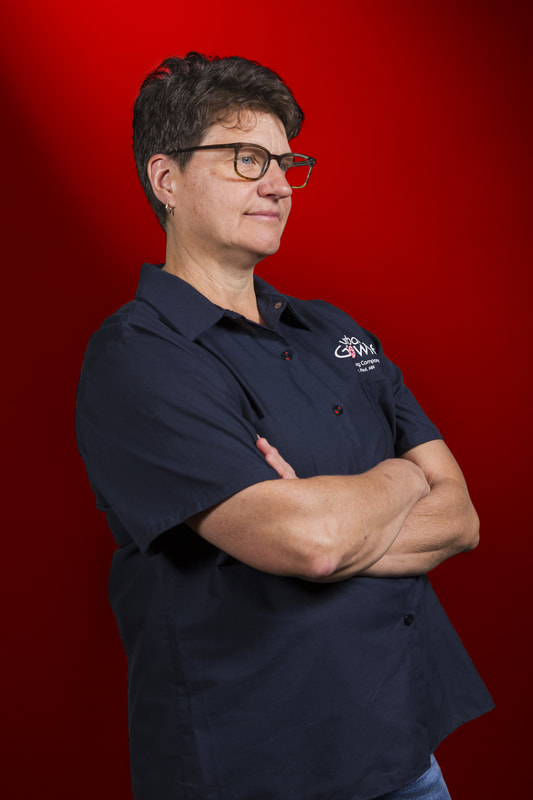
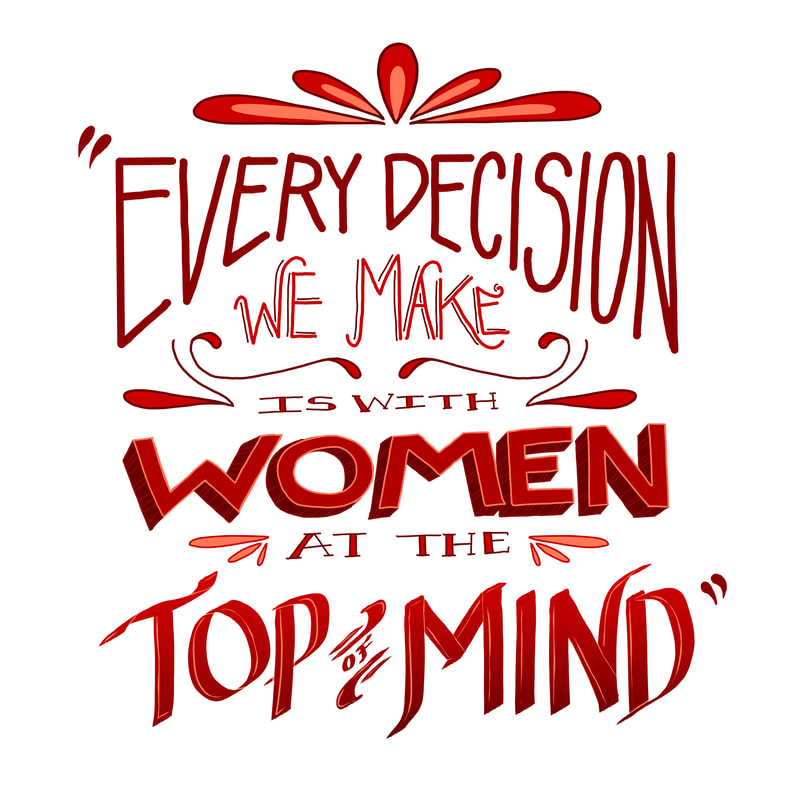
 RSS Feed
RSS Feed
